Immune System Targeting Could Revolutionize Periodontal Disease Treatment
 Admin - General » Periodontics
Admin - General » Periodontics
 Dec 1, 2024
Dec 1, 2024
Immune System Targeting Could Revolutionize Periodontal Disease Treatment
New research from the University of Pittsburgh proposes that a groundbreaking approach—targeting the immune system—may pave the way to preventing or treating periodontal disease (PD), a serious gum condition.
Published in the Proceedings of the National Academy of Sciences, the study demonstrates that delivering microparticles infused with CCL2, an immune-modulating compound, directly to the gums in a mouse model significantly reduced bone loss while promoting bone regeneration.
“Current PD treatments typically focus on eliminating harmful bacteria. However, it’s not the bacteria alone causing the disease,” explained Dr. Charles Sfeir, D.D.S., Ph.D., senior author and chair of the Department of Periodontics and Preventive Dentistry at Pitt’s School of Dental Medicine and a member of the McGowan Institute for Regenerative Medicine. “Bacteria activate the immune system, which triggers inflammation and the subsequent bone destruction around teeth. Our research shows that modifying the immune response can not only change the bacterial environment but also stop the disease from advancing.”
Dr. Steven Little, Ph.D., a leading expert and chair of the Department of Chemical and Petroleum Engineering at the Swanson School of Engineering, collaborated on the research. Little developed the innovative microparticles that ensure a sustained release of CCL2 over time.
“This immune-focused method marks a significant advancement in managing periodontal disease,” said Little. “It goes beyond the limitations of existing treatments.”
The study’s lead researcher, Mostafa Shehabeldin, M.S., Ph.D., now an assistant professor at UT Health San Antonio, utilized a mouse model to simulate PD by placing silk strands around molars. The strands attracted bacteria, leading to inflammation and bone loss within mere days. The team applied the CCL2 microparticles at different stages—during silk placement, four days afterward, and following the removal of the silk (mimicking a resolving infection). Across all scenarios, the treatment was highly effective in reducing bone loss and stimulating bone repair.
The success of CCL2 therapy is linked to how it reshapes macrophage activity. PD is generally dominated by inflammatory M1 macrophages, which exacerbate tissue destruction. Treatment with CCL2 shifted these immune cells to the anti-inflammatory M2 type, which facilitates tissue repair. Additionally, the therapy improved the oral microbiome by reducing harmful bacteria.
“Periodontal disease affects millions of people, ranging from mild to severe cases,” noted Sfeir. “The possibility of benefiting such a wide group of patients makes this research truly exciting.”
Sfeir envisions advancing this innovative immune modulation therapy into clinical trials, positioning it as a complementary treatment to traditional dental cleanings and antimicrobials.
“For most patients, regular professional cleanings are sufficient to control inflammation and prevent the condition from progressing,” Sfeir stated. “However, for individuals with an aggressive form of PD—those who suffer bone loss despite maintaining excellent hygiene—there are currently no effective solutions. Immune-modulating therapies like CCL2 could be a game-changer for these patients.”
The study also emphasizes PD’s remarkable value as a research model for studying the immune system’s interactions with the microbiome.
“The mouth provides a unique opportunity to study these immune-microbiome interactions because it is much more accessible than areas like the gut or lungs,” Sfeir explained. “Researching periodontal disease offers valuable insights that could extend to other immune-related conditions.”
This groundbreaking research sets the stage for new therapies targeting immune regulation to effectively manage aggressive forms of PD, bringing hope to millions of patients worldwide.
Trending News
-
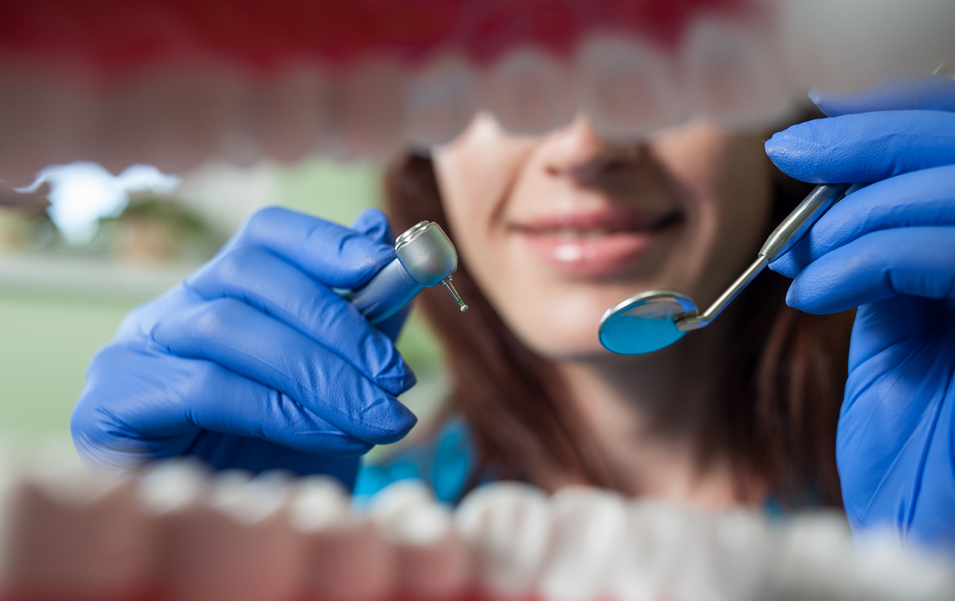
New Device Detects Gingivitis Early Admin
-
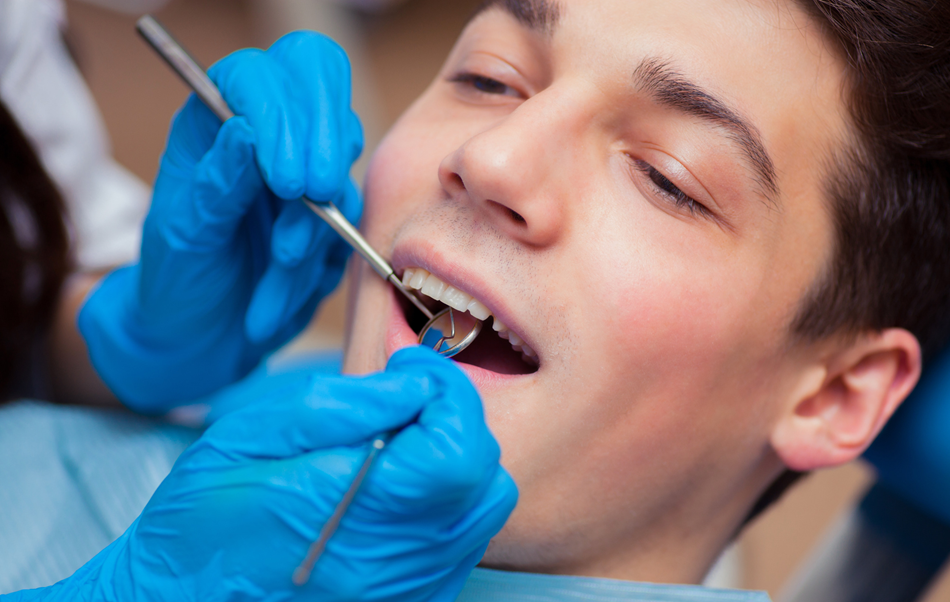
Non Toxic Dental Fillings : BPA, BHT, HMBP, DPCL, TPSb, HEMA, TEGDMA Free Admin
-
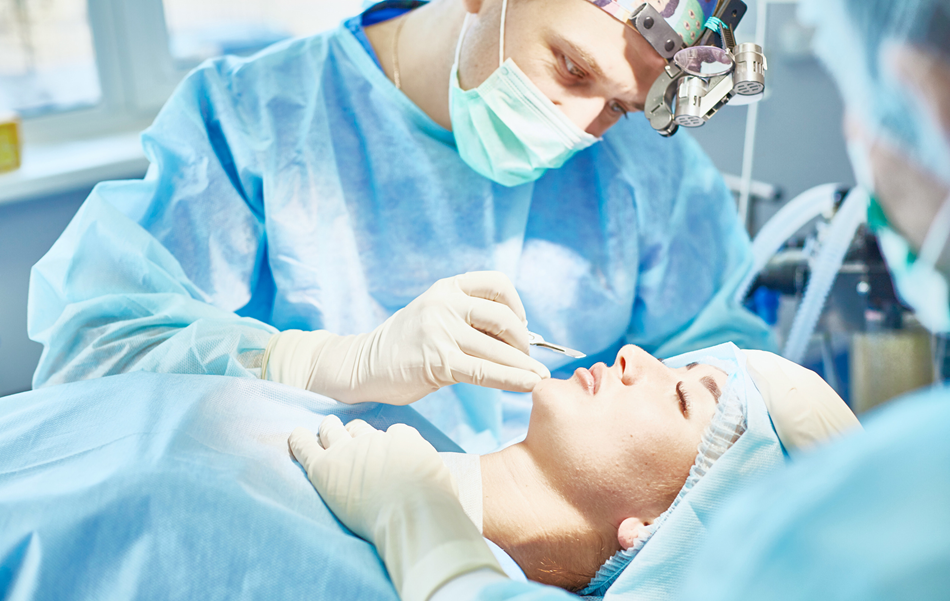
Essential Questions for Your Oral and Maxillofacial Surgeon Admin
-
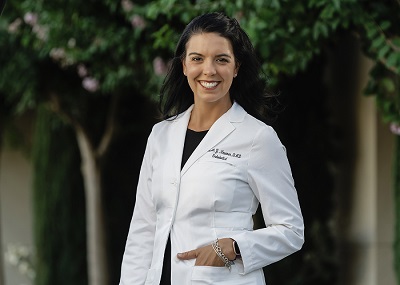
Why Root Canals Fail? | The Usual Suspects Meredith Y. Newman Endodontist Fresno
-
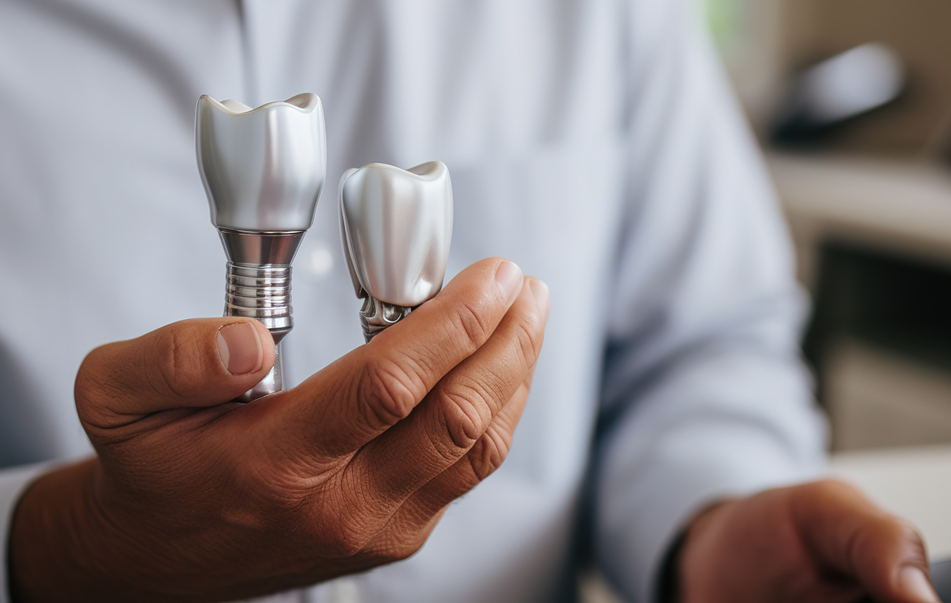
Exploring Dental Implants as a Tooth Replacement Option Admin
